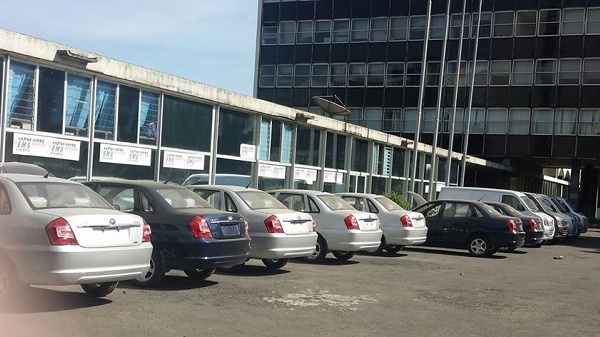
With just 2 cars per 1,000 inhabitants, Ethiopia has one of the lowest rates of car ownership globally.
(BBC Africa) – In a bid to increase car ownership in Ethiopia and build a viable automotive industry, the Ethiopian government is opening its doors to international car makers and offering tax breaks to encourage them to set up shop in the country.
At the moment, the ratio of cars to people in Ethiopia is 2 cars to 1,000 people – one of the lowest rates of car ownership in the world.
There are only 600,000 registered cars in Ethiopia and 84% are taxis.
Most of the cars on the road are secondhand, imported from Gulf states and heavily taxed on import by the government.
Automotive industry in Ethiopia
The Ethiopian automotive sector remains largely untapped as its vehicle ownership remains one of the lowest globally. Ethiopia’s attractiveness as an investment destination is continuously improving and will continue to attract investment in the country, especially into the country’s automotive sector, according to a recent report by Fitch Solutions.
Looking to tap into the large, fast growing and largely untapped sales market in Ethiopia, South Korea’s Hyundai Motor Company opened a 10,000-a-year vehicle capacity assembly plant in the Ethiopian capital Addis Ababa in February 2019. Hyundai, the third largest vehicle manufacturer in the world, hopes locally-assembled cars could prove attractive given the cost of imports due to high taxes.
“Ethiopia’s automotive potential is underpinned by the state-driven economy and a government that is geared toward industrialization, which makes it the African economy that is most similar and arguably likely to replicate the development successes of China of the mid-1980s onwards.” Deloitte Africa Automotive Insights.
Similarly in January 2019, German automaker Volkswagen signed a memorandum of understanding with the Ethiopian Investment Commission (EIC) to partake in the contribution of Ethiopia’s fast development by establishing an automotive industry. It was reported that the agreement signed was based on vehicle assembly, localization of automotive components, mobility concepts, opening of a training center. Following Ghana and Nigeria who both signed MoUs with Volkswagen in August 2018, Ethiopia becomes the third country in Sub-Saharan Africa to sign a memorandum of understanding with Volkswagen. Assembling/producing cars locally allows car manufacturers avoid paying up to 35 percent of CFI (cost, insurance and Freight of the vehicle) and offer consumers a cheaper product.
